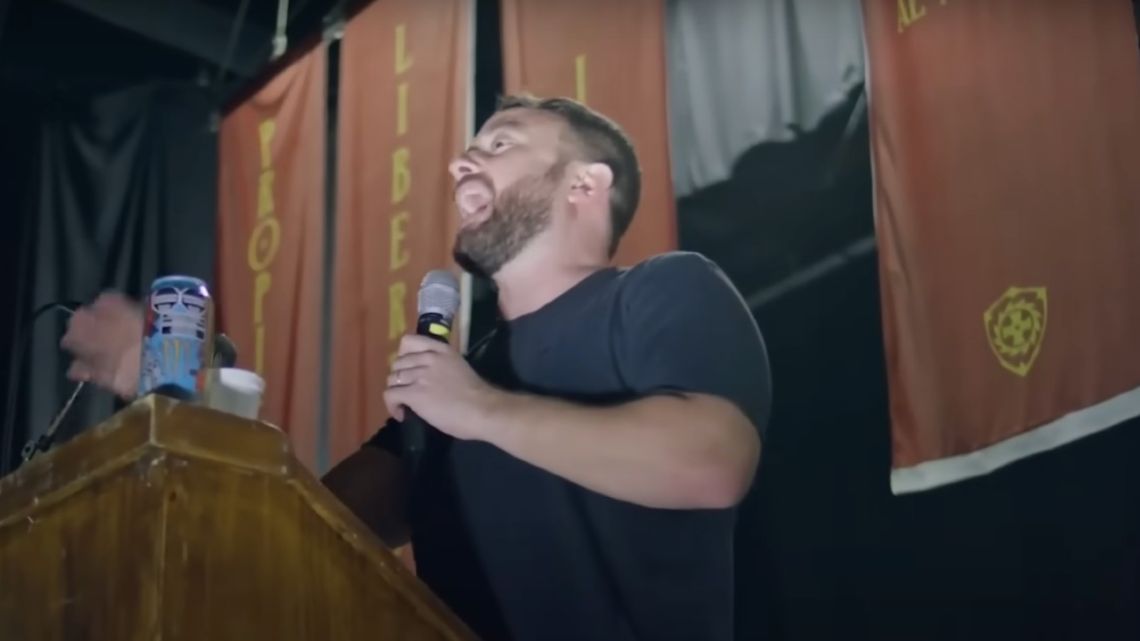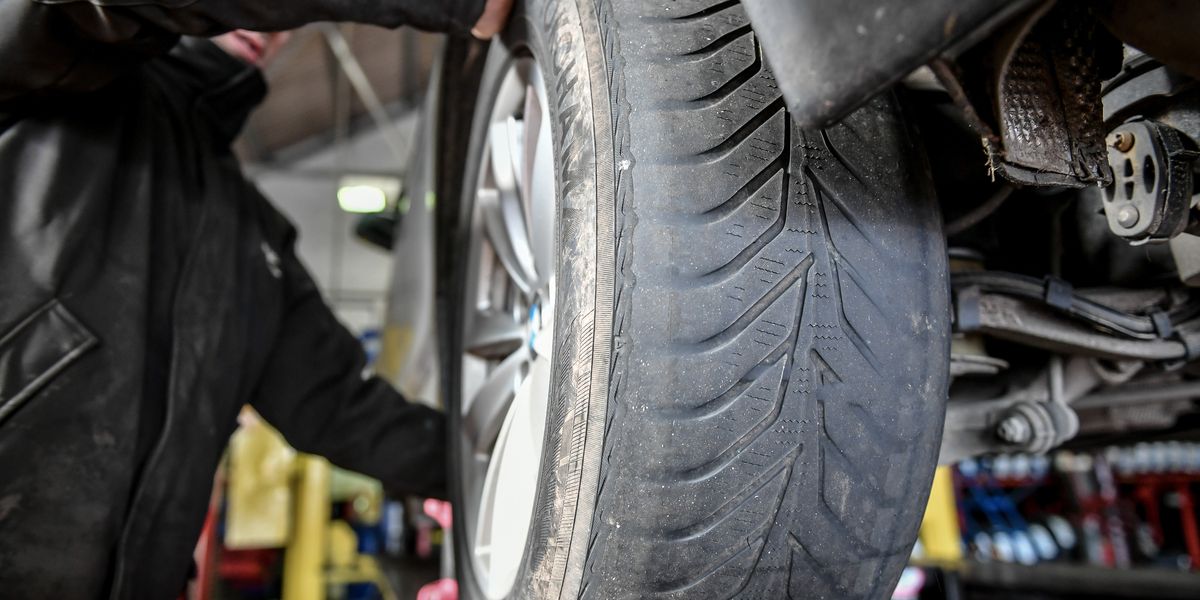The two biggest headlines of the week were the confirmation of ex-president Cristina Fernández de Kirchner’s corruption conviction by the Federal Criminal Cassation Court and the October inflation figure of 2.7 percent, going one better than the three-something percent promised for 18 months ago at the start of 2023 but only recently coming to pass – both these headlines can be said to have been devalued by the big news of the previous week: the electoral victory of Donald Trump in the United States.
Quite apart from the technicality that the final legal word on Fernández de Kirchner’s conviction potentially awaits the even higher instance of the Supreme Court, the crude fact that a convicted felon like Trump can be elected POTUS of the world’s superpower makes any judicial disqualification extremely relative. Just a fortnight ago, such a sentence might have had an impact close to the corruption conviction of current Brazilian President Luiz Inácio Lula da Silva in 2017, effectively knocking him and his party out of the following year’s election, even if the current political devaluation of the newly proclaimed Justicialist Party chair might have made it less of a game-changer.
But Wednesday’s ruling seems to have done nothing to derail the widespread expectation of Fernández de Kirchner running in next year’s midterms as the focal opposition leader. Not even passage of a ‘ficha limpia’ law barring people with confirmed legal convictions from political candidacies looks likely to change this because this could always run into quibbling over retroactivity and the need for a final word from the Supreme Court unlikely to arrive in time, given its backlog (although there is always room for surprises). Furthermore, the non-Kirchnerite opposition looks far more enthusiastic about this bill than the La Libertad Avanza government, which seems swayed by the logic that a rival with such negative popularity ratings as the controversial ex-president is worth preserving (the 2015-2019 president Mauricio Macri and his Cabinet chief Marcos Peña followed a similar strategy when in office).
Neither the huge success of Trump nor the continuing political prospects of Fernández de Kirchner seem to owe anything to their pleas of a “lawfare” political persecution. Any conspiracy theory of judges and corporate interests ganging up to frame an innocent woman will not wash in the light of the overwhelming evidence. So much money allocated to building so many roads in Argentina’s most thinly populated province which also happened to be the Kirchner Santa Cruz fiefdom cannot be a coincidence. The Santa Cruz highway contracts were evidently riddled with graft but Trump is US president-elect today and Fernández de Kirchner her party’s chair because corruption is not a decisive factor for enough people (including President Javier Milei, despite all his ranting against a corrupt “caste”) – and not because anybody outside the lunatic fringe of their camps views either Trump or CFK as innocent martyrs.
After inflation stubbornly remained at or above the four percent mark throughout winter, Milei has now brought it down below three percent between September and October, with the key item of food and beverages barely one percent – a belated vindication of his insistence on devaluation running ahead of inflation instead of behind, a policy which seemed to doom the country to an overvalued currency. One simple reason for this achievement is that the pesos are no longer being printed to feed inflation but while Milei has been doing his fiscal homework throughout the year with a consistency which shows no sign of relaxing, he cannot rest on these laurels because Trump is fiscally incorrect – again this week’s big news is trumped by the Republican leader. If Trump goes through with his major tax cuts and pumps up an already huge fiscal deficit (as he did throughout his previous 2017-2021 term) and if he delivers on his protective tariff surcharges creating additional inflationary pressures, it will be difficult to avoid jacking up interest rates, whose suction effect will mean curtains for ending the ‘cepo’ currency and capital controls – an essential condition for any real economic turnaround.
This dependence on the outside world only underlines the urgency of ending Argentina’s isolationism, an aim to which Milei is strongly committed in his own peculiar fashion, although pulling the Argentine delegation out of the COP29 climate change conference seems a strange way of going about it. The underlying question is how he can be a carbon copy of Trump without being isolationist. The US president-elect is still nine weeks away from office and is so unpredictable anyway that – much like the eventual Supreme Court ruling on Fernández de Kirchner’s conviction – we shall just have to wait and see.









